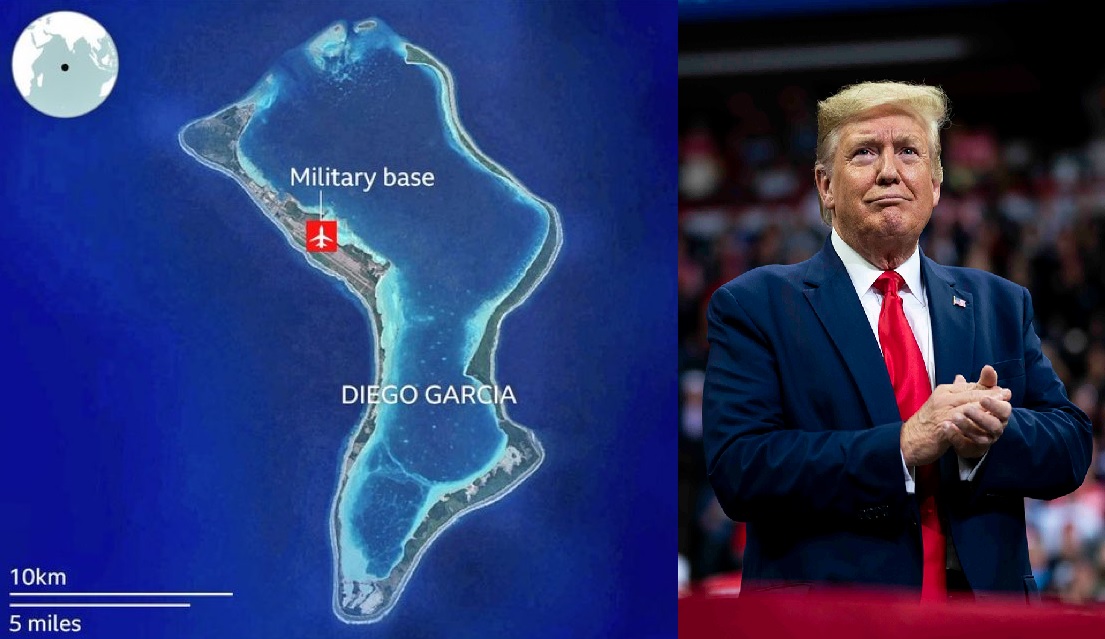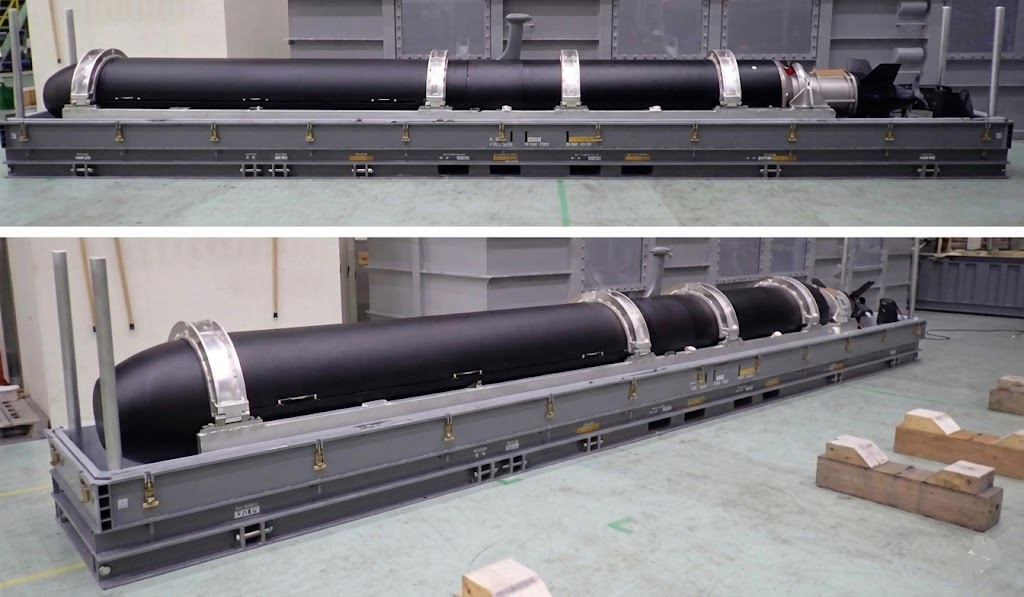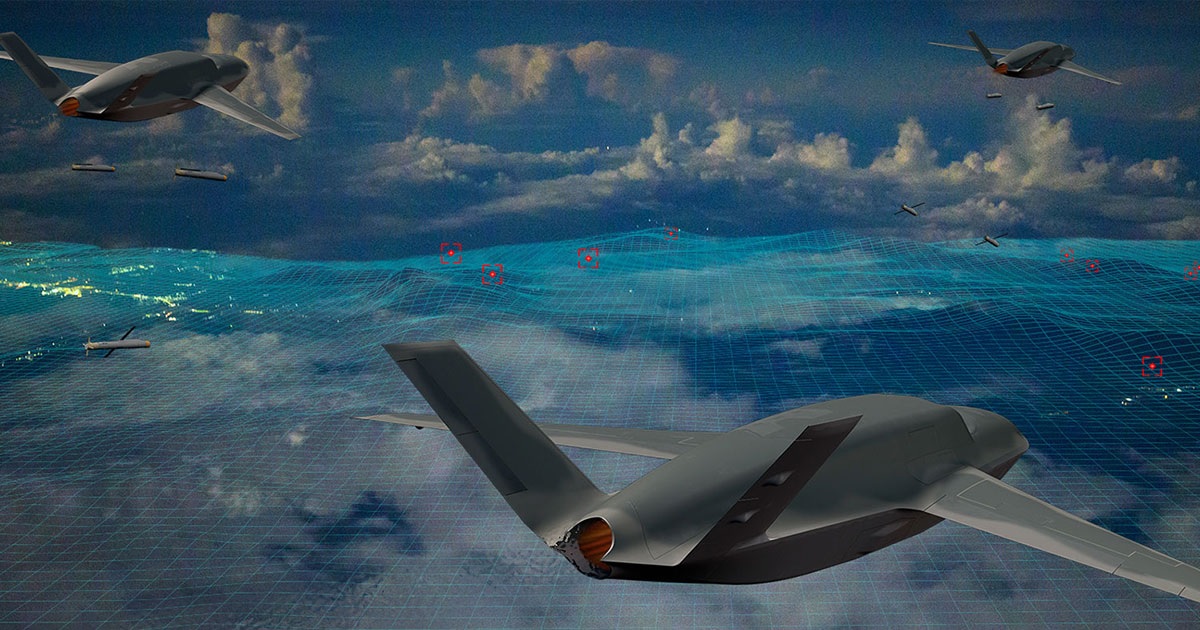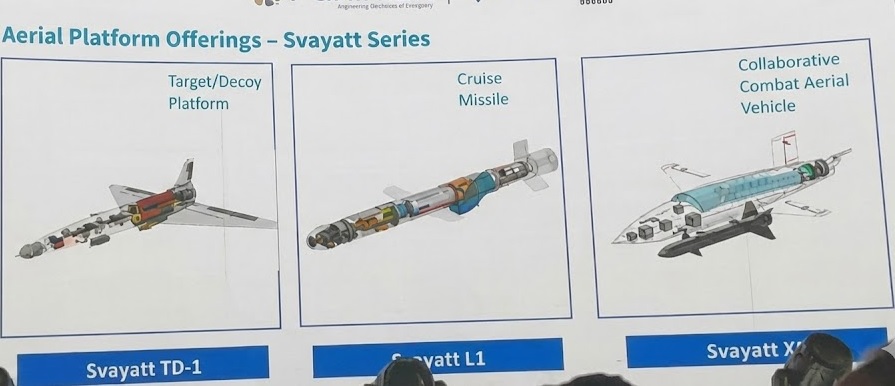U.S Navy Halts Constellation-Class Frigate Program After Delays and Cost Overruns

In a major restructuring of its surface fleet plans, the U.S. Navy has terminated the final four ships in the Constellation-class guided-missile frigate program, effectively reducing the long-planned acquisition effort to just the two vessels currently under construction. The decision marks a dramatic reversal for a program once envisioned as the backbone of the Navy’s future small-surface-combatant fleet.
The Navy confirmed that only USS Constellation (FFG-62) and USS Congress (FFG-63) will move forward at Fincantieri Marinette Marine shipyard in Wisconsin, ending U.S. ambitions for a 20-ship Constellation fleet set to cost more than $22 billion.
A Program That Struggled From the Start
Launched in 2020, the Constellation-class program was intended to replace aging Littoral Combat Ships (LCS) — both Freedom and Independence variants — and to succeed the well-worn Oliver Hazard Perry-class frigates retired nearly two decades ago. The new ships were expected to deliver improved survivability, anti-ship capabilities, advanced sensors, and a credible multi-mission platform suited for contested maritime environments.
But from its earliest stages, the program encountered persistent turbulence.
Repeated design changes, driven partly by evolving threat assessments and integration challenges with U.S. weapons and combat systems, added months of redesign work. Major suppliers reported difficulties aligning their systems with the modified parent design (an enlarged derivative of the Italian FREMM frigate), forcing further delays.
A 2024 U.S. Government Accountability Office (GAO) report warned of significant schedule slippages and rising costs. The first ship, originally intended for delivery in 2026, is now forecast to be completed in 2029 — a three-year delay. Meanwhile, unit costs grew to an estimated $1.4 billion per ship, far above the initial expectation of roughly $940 million.
Why the U.S. Navy Cancelled the Remaining Ships
According to senior defense officials, several combined factors drove the cancellation:
-
Schedule instability: The repeated redesign work created a production timeline the Navy viewed as “unrecoverable” within required readiness targets.
-
Escalating costs: The program’s per-unit cost trajectory threatened to divert funding from other critical shipbuilding priorities.
-
Capability overlap: Advances in other platforms — including destroyers, unmanned surface vessels, and expanded upgrades to existing ships — reduced the strategic urgency for a new frigate fleet.
-
Strategic recalibration: The Navy is shifting toward distributed maritime operations with a greater mix of manned-unmanned platforms rather than traditional mid-sized combatants.
U.S. Navy Secretary John Phelan framed the decision as part of a broader modernization push.
“From day one, I made it clear: I won’t spend a dollar if it doesn’t strengthen readiness or our ability to win,” Phelan said. “We are reshaping how the Navy builds its fleet … a strategic shift away from the Constellation-class frigate program.”
Privately, officials remarked that the Navy believes it can field more flexible capabilities through unmanned vessels, upgraded destroyers, and investments in missile-defense modernization rather than waiting for a delayed and over-budget frigate.
Fincantieri Responds: Work Will Continue on First Two Ships
Italian shipbuilding giant Fincantieri, which operates major U.S. shipyards under its Fincantieri Marinette Marine subsidiary, issued a measured response to the news. The company confirmed it will continue production of FFG-62 and FFG-63, while pursuing new naval contracts.
CEO George Moutafis stated that the Navy’s decision “provides for the necessary stability for our teams … allowing us to continue investing in innovation and skills.”
Fincantieri’s presence in the United States remains substantial. Its shipyards in Marinette, Green Bay, and Sturgeon Bay — along with its Jacksonville facility — employ approximately 3,750 workers. The company recently hired an additional 850 employees, supported by over $800 million in yard modernization investments to improve production capacity and adapt to future programs, including amphibious vessels, icebreakers, and special mission ships.
What Comes Next for the U.S. Navy
With the cancellation of the remaining Constellation-class orders, the Navy will redirect funding toward:
-
Fleet modernization initiatives
-
Unmanned surface and underwater vehicles
-
Industrial base strengthening
-
Upgrades to Arleigh Burke-class destroyers
-
Accelerated development of next-generation surface combatants
Analysts suggest this move underscores the Navy’s shift toward a more distributed, high-tech fleet structure, reflecting the challenges of competing with China’s rapidly expanding naval power.
While the Constellation-class will not become the large frigate fleet once envisioned, the two ships under construction will still serve as valuable testbeds for future surface warfare technologies and doctrinal concepts.
The cancellation marks a significant moment in U.S. naval procurement — a recognition that legacy shipbuilding models may struggle to keep pace with the demands of modern maritime competition, and that the Navy must adapt quickly to secure technological and operational advantage in the decades ahead.
About the Author
Aditya Kumar:
Defense & Geopolitics Analyst
Aditya Kumar tracks military developments in South Asia, specializing in Indian missile technology and naval strategy.






